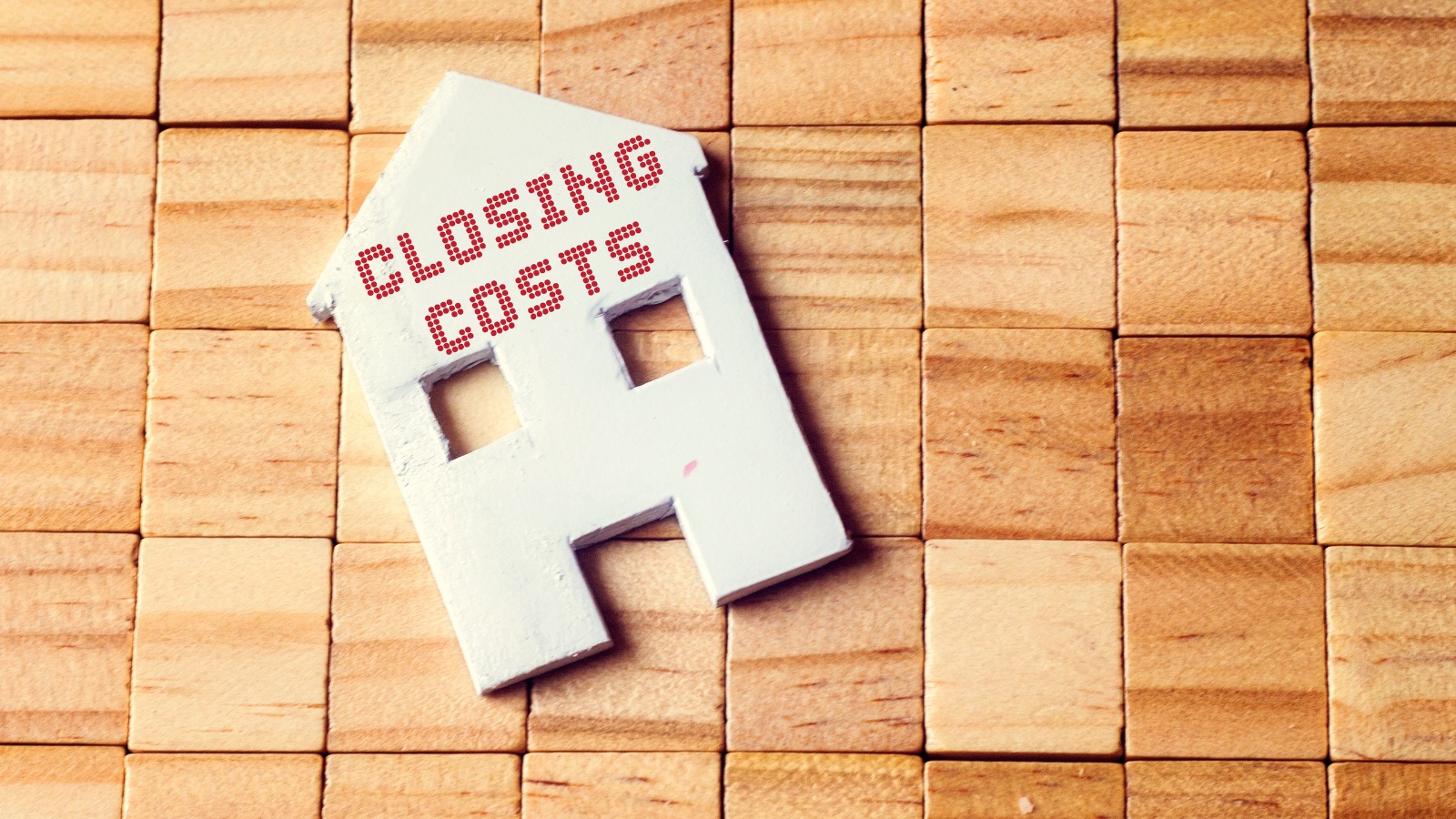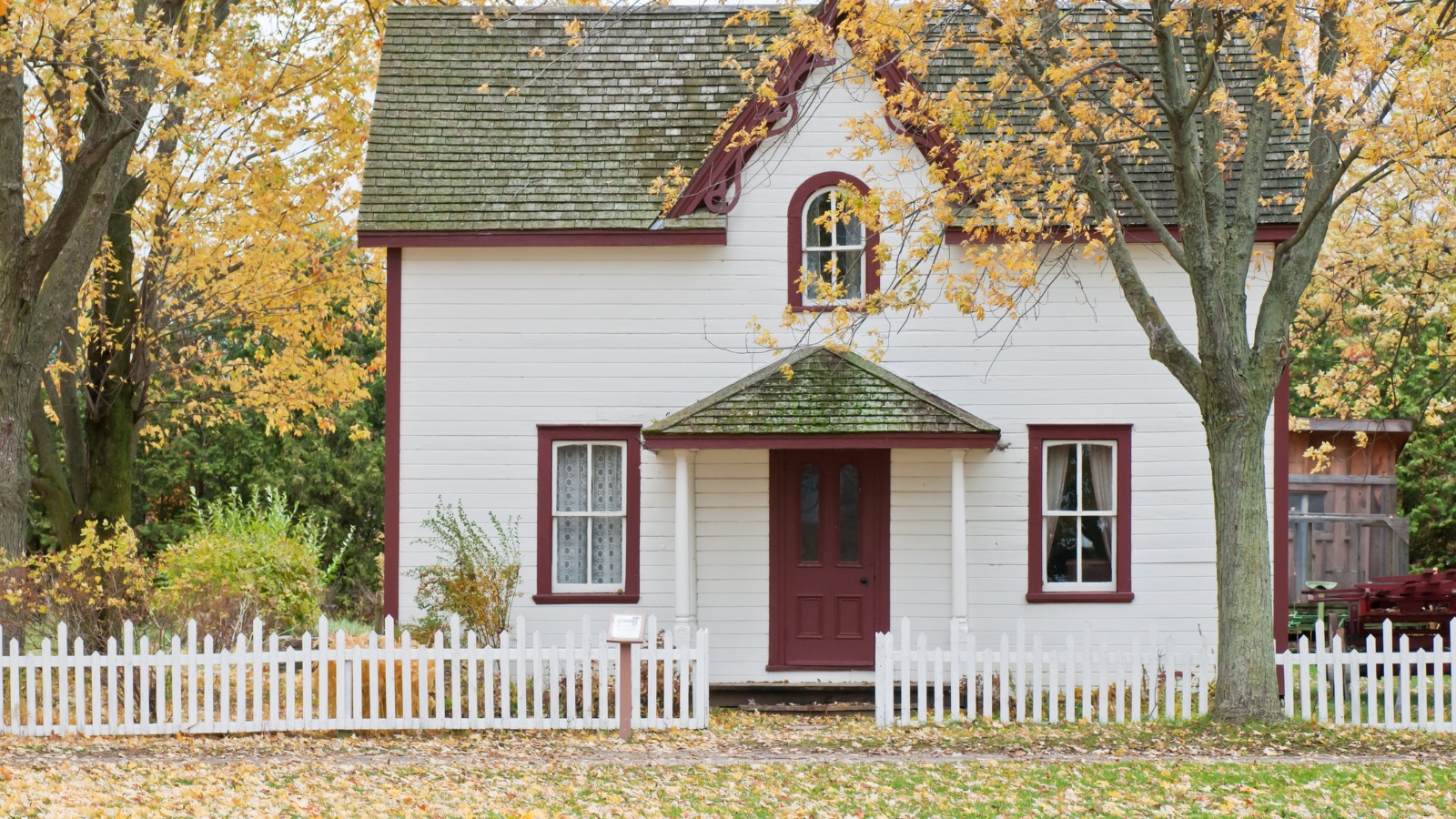Understanding Closing Costs: Budgeting Beyond the Purchase Price
When purchasing a home, the sticker price is just the beginning. While the purchase price is the most significant financial commitment, many homebuyers in British Columbia and across Canada often overlook the myriad of additional expenses that come into play before the keys are handed over. These expenses, known as closing costs, can catch you off guard if you’re not adequately prepared. Understanding these costs and budgeting accordingly is crucial to avoid financial strain during what should be an exciting milestone.
In this blog, we’ll delve into the various closing costs associated with buying a home in British Columbia, offering strategies to budget effectively and ensuring you’re financially prepared for all that comes with homeownership.
What Are Closing Costs?
Closing costs are the fees and expenses, beyond the purchase price, that buyers and sellers must pay to complete a real estate transaction. These costs typically range from 1.5% to 4% of the home’s purchase price, though this can vary depending on the location and specifics of the property.
For a $500,000 home, you could be looking at $7,500 to $20,000 in closing costs. It’s essential to have these funds readily available in addition to your down payment to avoid last-minute surprises.
Common Closing Costs in British Columbia
- Property Transfer Tax (PTT):
- The Property Transfer Tax is one of the most significant closing costs in British Columbia. It’s calculated as 1% on the first $200,000 of the property’s fair market value and 2% on the remainder up to $2 million. Homes valued over $2 million incur a 3% PTT.
- For first-time homebuyers, there are exemptions available for homes under $835,000.00 which can provide substantial savings.
- Legal Fees and Disbursements:
- Legal fees are another significant component of closing costs. A real estate lawyer or notary will facilitate the transaction, ensuring that all paperwork is in order, title searches are conducted, and the transfer of ownership is legally binding.
- Legal fees typically range from $800 to $2,000, depending on the complexity of the transaction. Disbursements, which are out-of-pocket expenses that the lawyer or notary pays on your behalf, may include title search fees, registration fees, and other administrative costs.
- Mortgage Insurance:
- If your down payment is less than 20%, you’ll need to pay for mortgage default insurance, often referred to as CMHC insurance. This cost can be added to your mortgage or paid upfront at closing.
- The premium for mortgage insurance ranges from 2.4% to 4% of the mortgage amount, depending on your down payment percentage. While this may not technically be a “closing cost” in all cases, it’s a significant expense that many homebuyers overlook when budgeting.
- Home Inspection Fees:
- A home inspection is a crucial step in the home buying process, ensuring that the property is in good condition and free from major defects. While optional, it’s highly recommended.
- The cost of a home inspection in British Columbia typically ranges from $400 to $995. This is a small price to pay for peace of mind, as it can help you avoid costly repairs down the line.
- Appraisal Fees:
- Lenders often require a property appraisal to determine its market value before approving a mortgage. This is particularly important if you’re putting down 20% or more.
- Appraisal fees usually range from $300 to $500, depending on the complexity of the property.
- Title Insurance:
- Title insurance protects you against any issues that may arise with the property’s title, such as fraud or errors in public records. The cost of title insurance typically ranges from $150 to $400.
- Adjustment Costs:
- Adjustment costs cover any prepaid expenses by the seller that need to be reimbursed, such as property taxes, utility bills, or strata fees. These costs are prorated based on the closing date and can vary depending on the time of year.
- GST on New Homes:
- If you’re purchasing a new home, you’ll need to pay Goods and Services Tax (GST) at 5% of the purchase price. There are partial rebates available for homes priced under $450,000, but for higher-priced homes, this can be a significant cost.
Budgeting for Closing Costs
Now that we’ve outlined the most common closing costs, let’s discuss how to budget effectively for them.
- Start Early:
- Begin budgeting for closing costs as soon as you start thinking about buying a home. Include these expenses in your overall savings plan, separate from your down payment fund. This will ensure you’re not caught off guard when it’s time to close the deal.
- Get Pre-Approved for a Mortgage:
- When you get pre-approved for a mortgage, ask your lender for a breakdown of estimated closing costs. This will give you a clearer picture of what to expect and help you budget more accurately.
- Work with a Knowledgeable Real Estate Agent:
- A skilled real estate agent can guide you through the entire home buying process, including helping you understand and estimate closing costs. They can also recommend trusted professionals, such as lawyers and inspectors, who can provide accurate quotes.
- Set Aside a Contingency Fund:
- It’s wise to set aside an additional 5-10% of your home’s purchase price as a contingency fund. This will cover any unexpected costs that may arise during the closing process, such as repairs or adjustments.
- Understand Your Mortgage Terms:
- Some mortgage products offer cashback or other incentives that can help offset closing costs. However, these may come with higher interest rates or other conditions, so it’s essential to fully understand the terms before proceeding.
- Consider Timing:
- The timing of your purchase can affect your closing costs. For example, closing at the end of the month may reduce adjustment costs for prepaid expenses like property taxes.
Final Thoughts: Be Prepared and Informed
Closing costs are a necessary part of the home buying process, but with proper planning and budgeting, they don’t have to be a source of stress. By understanding the various fees involved and setting aside the necessary funds, you’ll be in a strong position to close the deal on your new home smoothly.
At GLM Mortgage Group, we specialize in helping homebuyers navigate the complexities of purchasing a home, including understanding and budgeting for closing costs. Our team is here to provide expert advice and support every step of the way, ensuring you’re well-prepared for this exciting journey.
Whether you’re a first-time homebuyer or looking to upgrade, being informed about closing costs will empower you to make confident decisions. Remember, your journey to homeownership doesn’t end with the purchase price—being prepared for closing costs is key to securing your dream home without any financial surprises.




